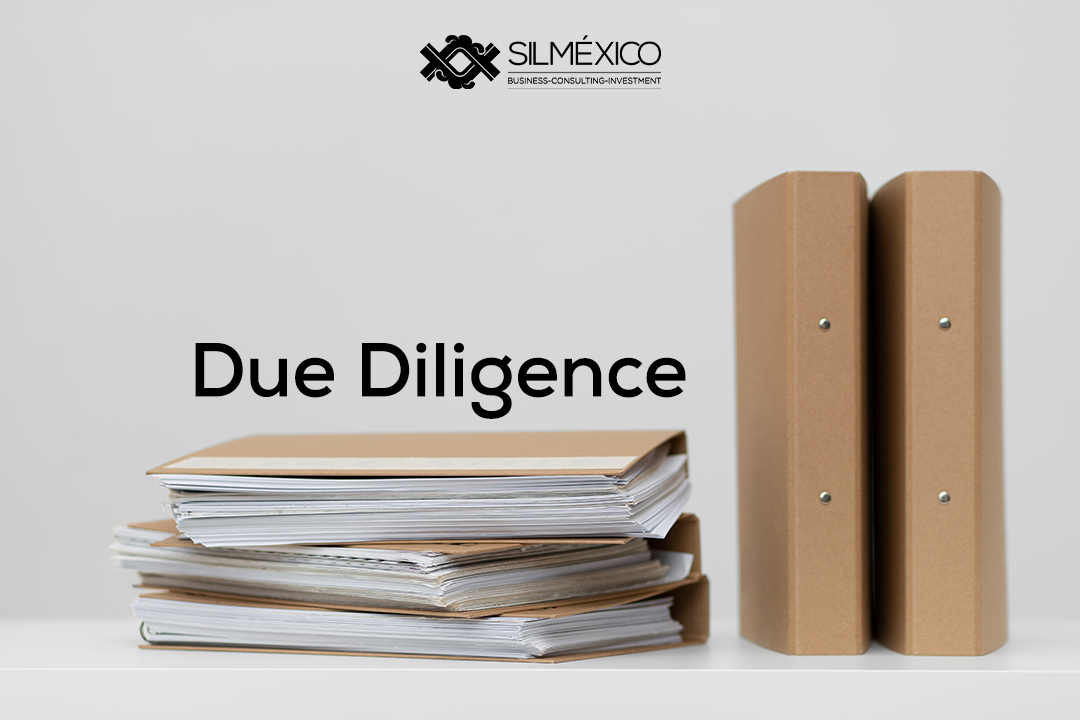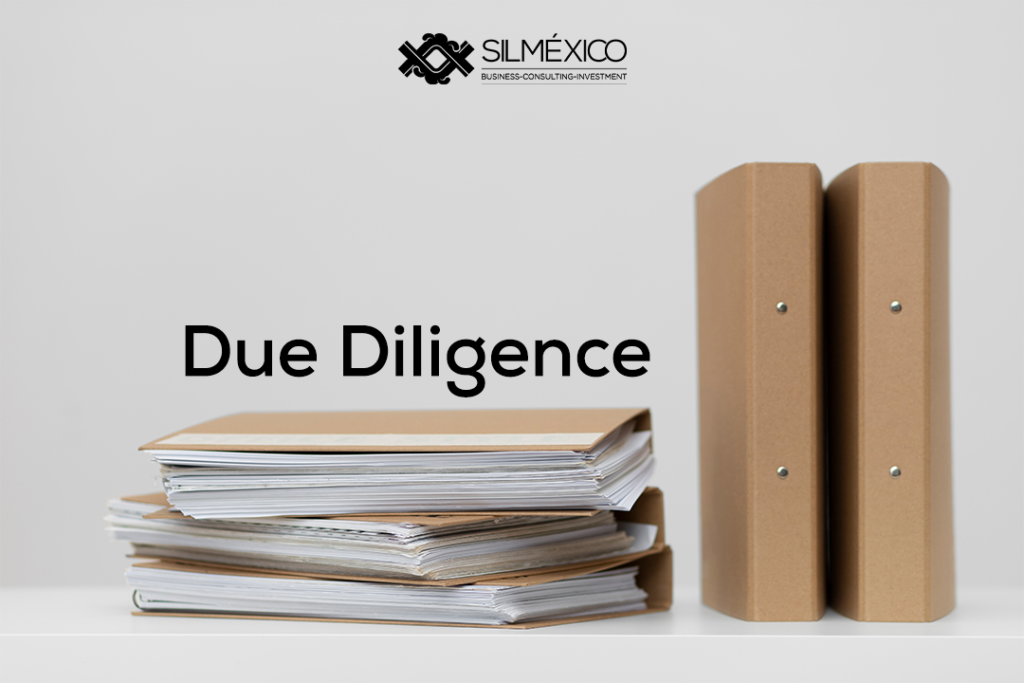
By Thorvald Pazos Casas, SILMÉXICO Research Center, Translated by Jessica HernándezJessica Hernández
Trust is a fickle legal instrument, which has been transformed over time and has become popular in commercial practices. Recently, we can say that it is the rise of this very flexible legal vehicle, there is certainly no specific law that regulates all aspects of this figure, however, the Trust has been strengthened through a solid legal foundation that depends on the type of trust that is intended to be established, which implies the consultation of various current Mexican laws. In this article, we will focus on one of its most significant variants: Trust Management.
TRUST MANAGEMENT
What is the Trust? The Trust in accordance with the contemplated provisions in the General Law of Credit Titles and Operations2 (LGTOC), in its number 381. It is a contract or a legal transaction through which a person called Trustor, transfers the ownership or ownership of assets and/or rights to a financial institution, called fiduciary so that it conforms to the purposes and objectives of the contract that manages the assets or rights in favor of the trustees or beneficiaries.
From the previous concept, it is important to address two questions; Who can participate in a trust? Can all assets and rights be transferred? According to the first of the questions raised, article 381 of The LGTOC mentions that people with capacity can be subjects, this is in relationship with the Civil Code of the State of Oaxaca in its numerals 21 and 25 respectively, they mention that people are divided into: Natural Person and Moral person. This means that both individuals and legal entities (companies, etc.) can participate in a trust, as long as they comply with the legal requirements and can exercise their rights and obligations. For its part, regarding the second question, it is important to focus on that, people have the ability to decide what to do with their assets and/or rights freely, except and with the exceptions that these are found in commerce, are lawful and do not affect third parties. That is, in the example of not affecting third parties, it refers to the fact that you cannot transfer food rights, or use a trust to avoid your responsibilities in that regard. In this sense, it is mentioned that certain assets and rights cannot be transmitted through a trust if its transfer violates laws or affects the legal sphere of third parties. Knowing the previous generalities, we are going to study one of the variants that the Trust has, which is known as “Fideicomiso de administration”. Rodolfo Batiza states that “TRUST MANAGEMENT” is known in which the trustor delivers real estate to the trustee who is responsible for the execution of lease contracts, the collection of rents, the promotion of eviction or eviction trials, payment of various taxes levied on real property, etc., all in the interest of the beneficiary”.
Manuel Villagordoa Lozano3 points out that management trusts “are those by virtue of which certain assets or assets are transferred to the trustee rights, so that the fiduciary proceeds to carry out the custody operations, conservation or collection of products of the trust assets entrusted to him the trustor, delivering the products or benefits to the trustee”.

What we can interpret from the two previous definitions, the function of administration trust is to transmit to the trustee certain assets and rights (real or personal property, real or personal rights, including securities, titles, credits, and cash) for him to keep, guard, manage, collect and transmit in your favor or to a third party. Then the question arises, when can we use trust management? There will be trust management provided that the trustee is prohibited (because it is not part of the purposes of the trust) the provision of assets in favor of the trustee or a third party.
The activities that the trust carries out are those related to the custody and conservation of the assets that make up the trust assets, as well as the collection of products or returns that they generate and transmit to a third party. Likewise, you may make the investment of trust assets through the acquisition of goods of another nature.

The constitution of Trust Management not only protects your personal assets from external threats, but it can also improve your financial situation by reducing the tax burden. It is a smart strategy to effectively manage and safeguard your assets, offering you the peace of mind and security you need on your path to financial success. Commercially, Trust Management is a flexible legal instrument that adapts perfectly to the needs of the operation, and additionally provides great benefits such as, Can the assets of trust be seized? They cannot be seized by creditors or debts against the trustor. The assets and rights are in the name of the trustee and not in the name of the trustor. Only the rights are seized (but if there are no instructions (from the committee) of payment, nothing is delivered).
Does the trust pay taxes? The trust as such does not, since according to the Art 1 of the LISR, those obliged are the Natural Persons and the Legal Persons, however, the Trust is not a person. Therefore, those who must pay the taxes are the settlors and the trustees.
1 Mendoza, C. (29 de marzo del 2022). El Fideicomiso y sus implicaciones tributarias. Colegio de Contadores Públicos de México. https://www.contadoresmexico.org.mx/Vida-colegiada/Fideicomisos-y-sus-implicancias-tributarias
2 Ley General de Títulos y Operaciones de Crédito. DOF 22-06-2018.
https://www.diputados.gob.mx/LeyesBiblio/index.htm#:~:text=22/06/2018-,PDF,-WORD
3 Mendoza, C. (29 de marzo del 2022). El Fideicomiso y sus implicaciones tributarias. Colegio de Contadores Públicos de México.
https://www.contadoresmexico.org.mx/Vida-colegiada/Fideicomisos-y-sus-implicancias-tributarias






